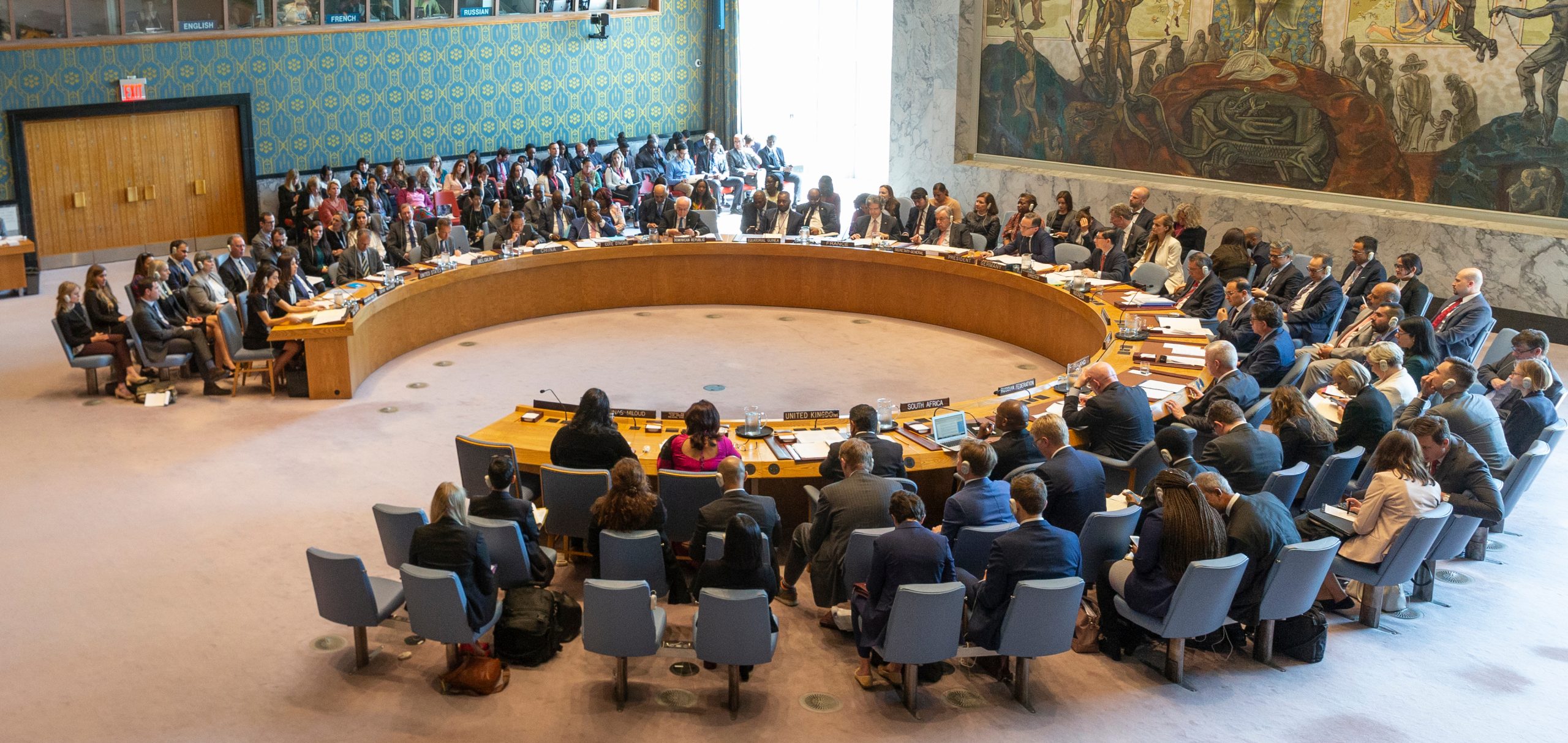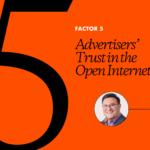The biggest international conference on climate change is underway — and for publishers, it’s a superb opportunity to strengthen audience relationships by facilitating online discussions around sustainability.
From October 31st through November 12th, Glasgow will play host to COP26, the UN’s annual climate change summit, attended by tens of thousands of delegates from 200 countries.
Seen by many as a last-ditch attempt to secure global consensus on reducing CO2 emissions, COP26 will spark heated debate on numerous urgent topics, including:
Climate justice: Developed countries are the biggest polluters, but the biggest effects of climate change are being felt in the global South. How should developed countries recompense developing countries for the impact of human-made climate change?
CO2 policy: Hard decisions need to be made about how Net Zero targets are going to be met. Policy pledges made at the summit may directly affect many people’s lives — especially around how we travel, what we eat, and how we heat and cool our homes.
Individual nations’ commitments: Countries that rely heavily on fossil fuels – either as an export product or to power industrial output — are reluctant to commit to a swift reduction in emissions. How can they be persuaded to set and work towards Net Zero targets?
How publishers benefit from hosting sustainability conversations online
The topics under discussion at COP26 directly affect every individual in the world. Huge numbers of those people (especially Millennials and Gen Zs) are actively engaged with climate issues, and will be looking for online places to talk about sustainability during the conference. Publishers are ideally placed to host those conversations — especially if they also have editorial staff covering COP26.
While some publishers may be hesitant to open up comments sections for fear of trolling, toxic language, and climate disinformation, all of these can be minimized with a sophisticated, multi-layered moderation platform. That leaves publishers with excellent reasons for hosting sustainability debates:
Create loyal readers: By engaging readers in high-quality, topical debate, publishers can create healthy online communities that make readers want to stay longer, read more, and return more often. Readers who register for the community, comment on articles, and engage in discussion with others tend to spend 3.6x longer onsite and view 4.5x more pages than casual visitors.
Attract advertisers with data: With the imminent demise of third-party cookies, publishers have an opportunity to attract advertisers by offering high-quality first-party data. The online conversations of a healthy, engaged community can provide reams of special-interest data that enables advertisers to target relevant discussion topics or communities of interest.
Generate editorial ideas: Hosting online discussions gives publishers firsthand insight into the topics and micro-topics that most interest readers, which can be folded back into editorial decisions. Quality debate can also attract experts with specialist knowledge and experience, who may make great interview subjects or op-ed contributors.
How to ensure climate change discussions remain civil
A moderation platform like OpenWebOS puts publishers in control of the online communities they host, ensuring that civility prevails even when things get heated — as they inevitably will when the topic is as far-reaching and contentious as climate change.
There are lots of ways publishers can use OpenWebOS to facilitate healthy climate change discussions during COP26. Here’s just a flavor of what’s possible:
Registered users: Having users register to join the community reduces the risk of toxic comments, as well as increasing engagement and loyalty. OpenWebOS Experience also lets publishers send notifications of new COP26-related content to registered users, encouraging them to return to the site to comment on topics of interest.
Community guidelines and civility “nudges”: Clear guidelines as to what is and isn’t acceptable create a solid foundation on which to build a fair moderation strategy. OpenWebOS lets publishers easily create and publish community guidelines, while our Perspective API spots comments that risk breaching the guidelines, and “nudges” the commenter to re-think their language before posting.
Civility incentives: OpenWebOS makes it easy to incentivize quality debate and disincentivize toxicity. Using a mix of AI-powered and human moderation, it can bring the highest-quality comments to the top of the discussion and reward their contributors with kudos — including, potentially, having their comments featured in editorial coverage.
Event live blogging: Editorial teams covering COP26 can use OpenWebOS Experience to run interactive live blogs of key discussions and debates — engaging readers in real-time and making them feel part of the overall editorial process, which in turn leads to further retention.
COP26: A moment to rebuild and strengthen audience relationships
The COP26 summit is a shared cultural moment that’s set to ignite debate and discussion worldwide. Publishers who can support that public desire to participate, while keeping the conversation civil, stand to win a loyal and engaged audience for years to come. Read more about how you can facilitate discussions with OpenWeb.


